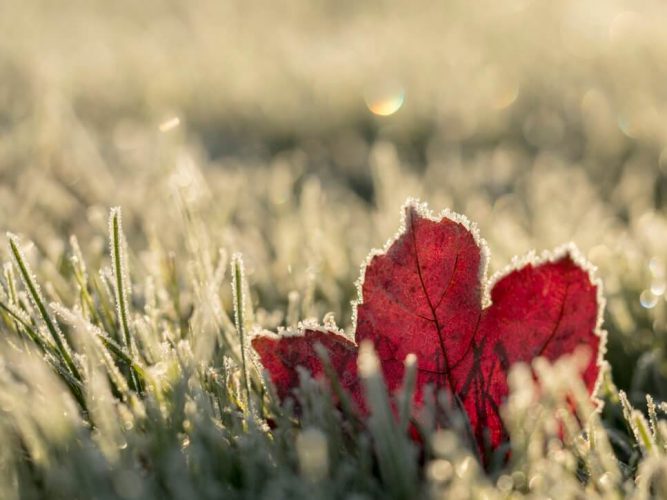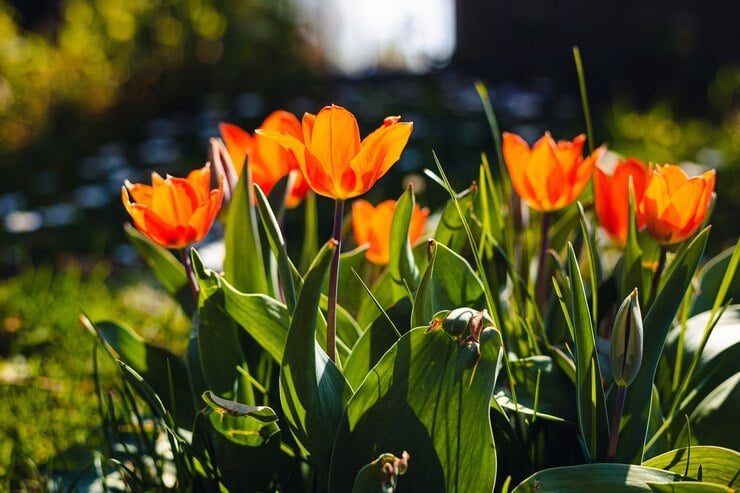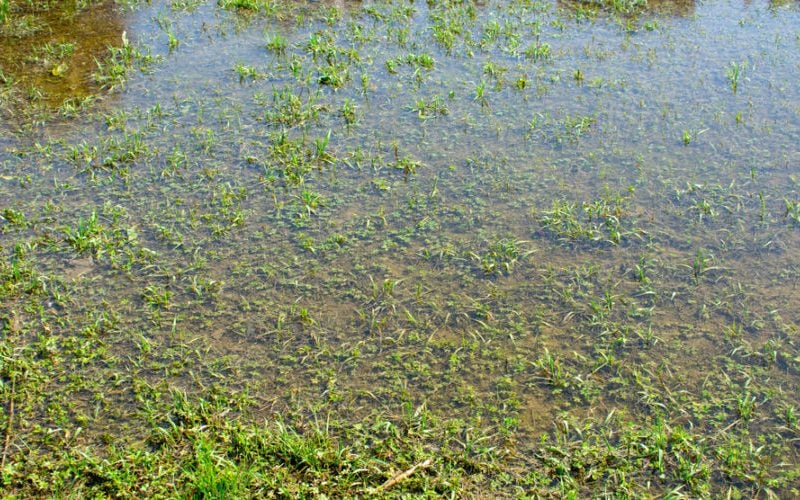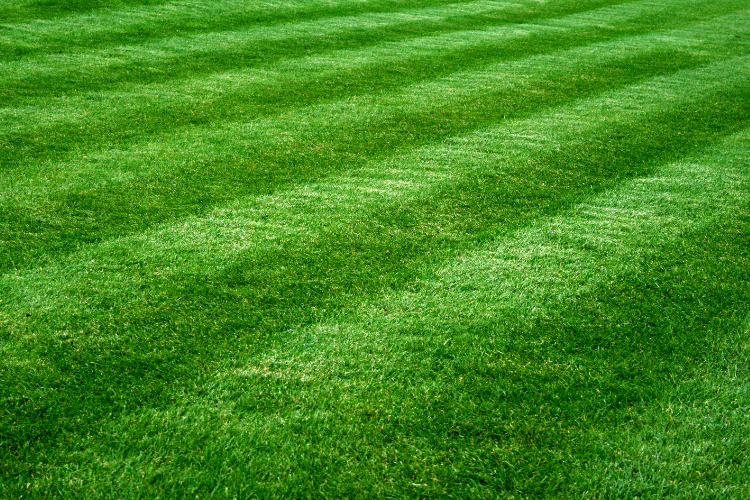You might think that your list of gardening jobs has gone down as we head into winter, but there is still plenty to do. Preparation is key to making sure your flower beds and plants are ready to shine when spring rolls around.
Composting is one of those year-round tasks that can have huge benefits for the overall health of your garden and lawn if kept on top of. You might assume there to be little point in composting in freezing temperatures, but the freezing and thawing process can actually cause your waste to decompose far quicker once the warmer weather arrives.
Despite the fact that heaps are prone to freezing over, composting in winter can be highly rewarding. You can produce plenty of active compost to use on your indoor plants or to save for the warmer months.
Here are Greensleeves’ expert tips for how to compost in the winter and keep your garden thriving.
Collect your waste
Understandably, the thought of having to venture out into the cold or freezing weather to add waste to your compost heap is not appealing. Instead, you can collect your green waste from the kitchen in a bin near your back door to add to your compost at once, minimising your outdoor trips. If you opt for the bin inside your back door, make sure it has a tightly fitted lid to reduce the bad odours.
If any inactive compost materials are left at the bottom of your composter, it’s best to remove them to make room for fresh compost and give your waste a better chance of absorbing moisture from the ground.
As we know, cold weather slows down decomposition, so reducing the size of your compost pieces would help. Try cutting the leaves with your lawn mower or chopping up food waste before adding it to your heap.
Protect your compost heap
The warmer you can keep your compost during winter, the quicker your waste will decompose. Microbes are inactive in freezing temperatures, preventing the decomposition process from occurring altogether. Whilst it’s practically impossible to keep your heap constantly warm, there are several ways to protect your compost from the elements. You could create a makeshift shelter using cardboard or stuffed bin bags to surround the perimeter of your compost or opt for a ready-made compost bin to keep your decomposition ticking over even at the coldest times of year.
You may decide to cover the top of your compost to keep out direct rainfall. Composts do need some moisture for the microbes to do their job effectively, but too much moisture can be equally as detrimental. Keep the compost pile damp but not soggy.
Another tip is keeping your active and green compost as close to the middle of your heap as possible, for insulation line your compost heap with the brown and dry matter.
If you have an abundance of waste that’s suitable for composting, why not create two compost heaps? One can be used for offloading your waste and the other for active compost that needs more protection.
Be strategic with your compost
For your compost to function, you need to strike a healthy balance of green and brown waste. Green adds nitrogen to your heap and brown adds carbon which, when mixed with oxygen from the air, results in the decomposing of your waste to produce nutritious compost.
Green scraps will naturally be limited during winter as lawn mowing slows down, so will largely consist of kitchen waste. Brown waste is far easier to come by during autumn and winter, but it’s important not to offload too much into your compost at once. Save up your brown and drier materials separately to mix with your food waste when needed and create a balanced and thriving compost mix.
Turn your compost heap
Compost in winter is prone to becoming compact and restricted for air in the freezing temperatures. To make sure that your compost has plenty of air to oxidise, turn your heap upside down every so often and refill it to boost the number of organisms. Try to keep pockets of air trapped throughout your heap rather than compressing your materials if you want to give your compost the best chance at decomposing in the colder weather.
Indoor composting
If you don’t fancy having to go outdoors for composting, there are a number of indoor options that are suitable for storing in garages or sheds. You can have an insulated sealed composter installed, more commonly known as hot composters. These prevent any hot air from escaping and maintain a high temperature, meaning you can produce rich compost all year round.
Another option is a worm composter, which uses various types of worms to digest green waste and turn it into nutritious compost. If you want further advice about how to care for your garden in winter or want to book in for a winter lawn treatment to protect your lawn from the elements, get in touch with Greensleeves today!





